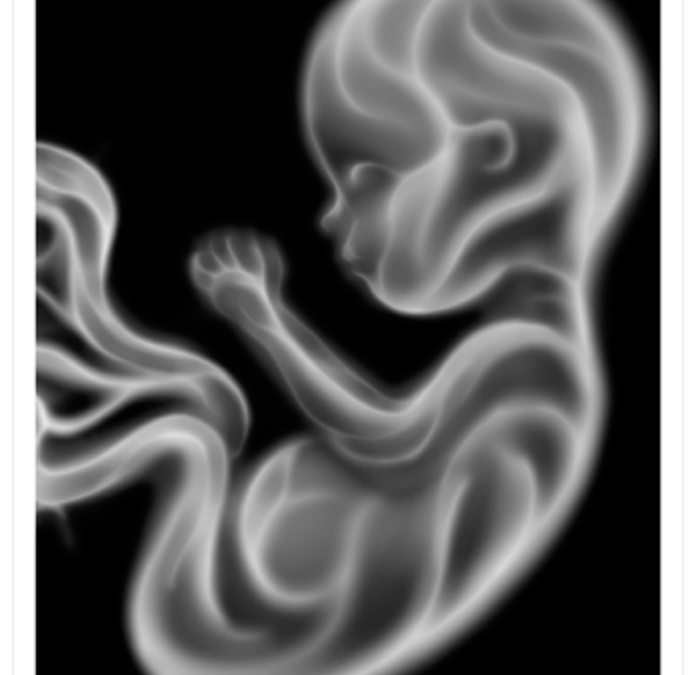The management of pregnant women with a history of substance abuse poses significant challenges due to the complex interplay between drug use, physiological changes of pregnancy, and potential complications. Issues range from increased demands on anesthetic and obstetric services to severe maternal and fetal outcomes, including poor fetal development, placental abruption, and maternal morbidity. Specific substances like alcohol, opioids, cocaine, amphetamines, marijuana, and hallucinogens each present unique risks and considerations for analgesia and anesthesia. For instance, neuraxial techniques are generally preferred but must be carefully assessed given potential coagulopathies or infections. General anesthesia carries heightened risks such as pulmonary aspiration and hemodynamic instability. Additionally, psychological and social factors like poverty, untreated mental illness, and domestic violence compound these medical challenges. Special attention is also required for breastfeeding mothers using certain substances, where low transfer into breast milk may allow limited use under caution. Overall, a multidisciplinary approach is essential to address both the medical and social complexities in this population.

PBLS 2020
February 7, 2025




